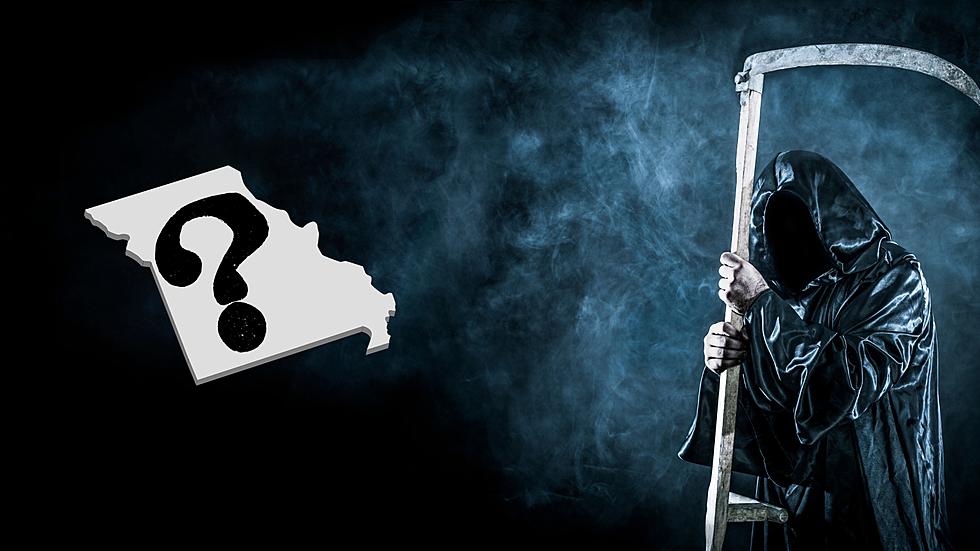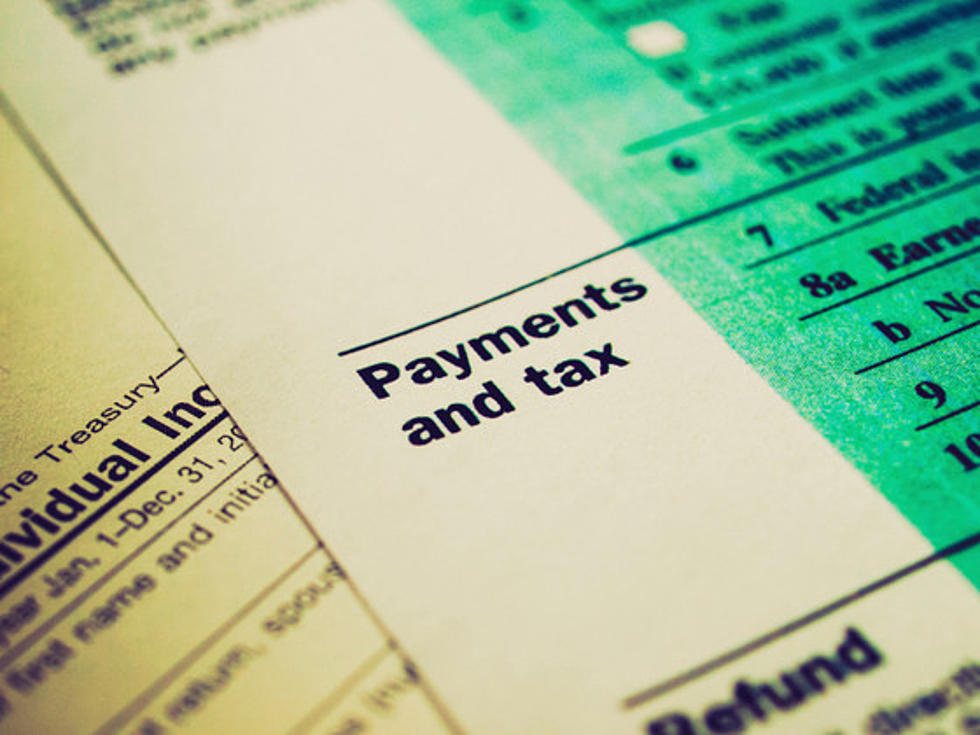
Not to Sound Morbid but What Happens to Your Debt When You Die?
There's certain things in life you can expect. Being born, breathing, eating, sleeping, working and dying. Oh yeah...I think there's a few years where Uncle Sam will want you to pay taxes, too.
So what happens to your debt when you die? For some in their later years, plans will be made to pay off pretty much all debt so relatives don't have to deal with it. Unfortunately, if someone dies at an earlier age, there may be debt that someone will be responsible for. Needless to say debt doesn't die when you do.
One of the big factors on what's going to happen with that debt is are there any co-signors on loans? Were there any assets left behind to take care of the debts. Any life insurance policies to help deal with it?
Whether you realize it or not, when you die and if you do have any debt, the creditors will be the first in line to try to grab onto any of those assets. Whomever takes over the dealing of your affairs, i.e, an executor or administrator, will make sure that any outstanding debts will be taken care of from your assets. This will, of course, be taken care of before your family will receive any money.
According to an article in the pennyhoarder.com:
Because it can take a while for your financial affairs to be sorted out, creditors may agree to a settlement with your estate for less than the total amount of debt.
Depending on how long it would take to secure the debt, creditors would sometimes take less just so they don't have the hassle of waiting in line for their money.
Information from the Federal Trade Commission says:
If your assets don’t cover your debts, they typically go unpaid.
LOOK: Here are 25 ways you could start saving money today
More From KIX 105.7









